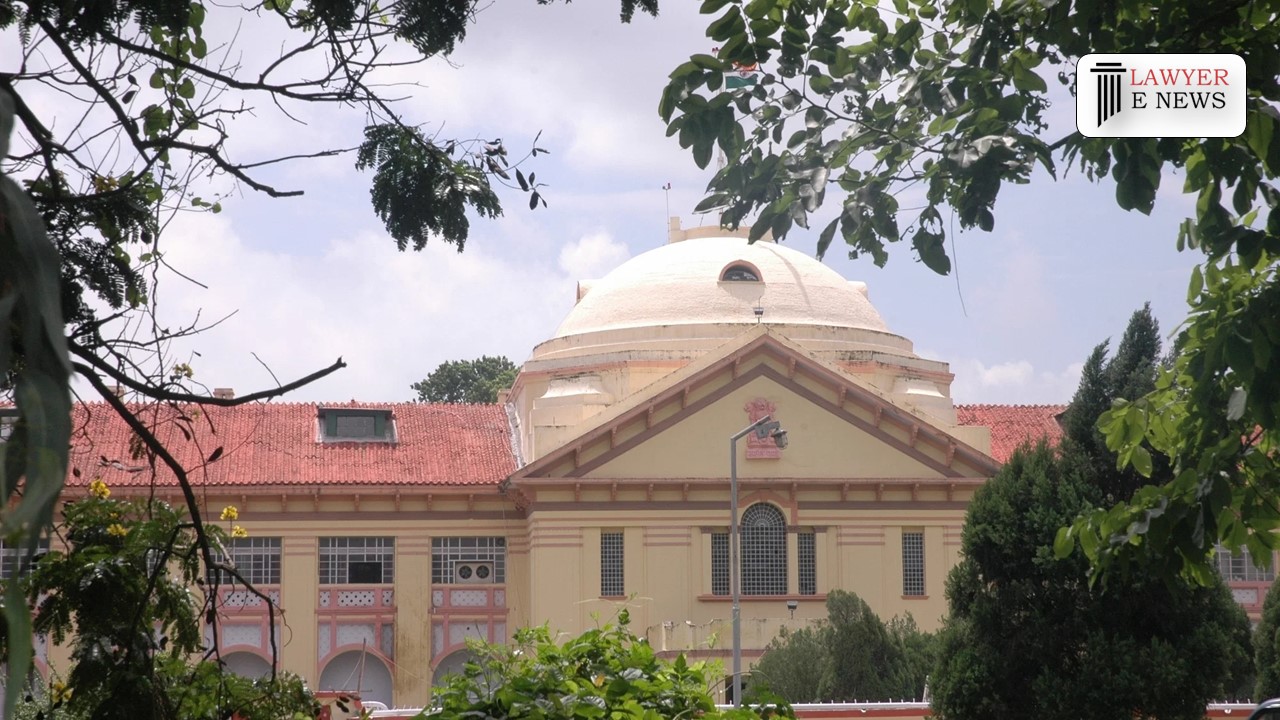-
by Admin
17 February 2026 2:34 PM



In a significant judgment, the Patna High Court has declared Section 9(1) of the Bihar Land Mutation Act, 2011, and Rules 13(11) and 13(12) of the Bihar Land Mutation Rules, 2012 unconstitutional. The impugned provisions empowered the Additional Collector to dispossess individuals and confer possession to others, which the court found to be ultra vires and infringing upon constitutional guarantees under Article 300A.
The legal contention revolved around the constitutionality of the powers granted to revenue authorities by the Bihar Land Mutation Act, 2011, particularly Section 9(1), and certain rules of the Bihar Land Mutation Rules, 2012. These provisions permitted an Additional Collector to dispossess a person from land and confer possession to another, bypassing the judicial process typically required in such matters.
Petitioners Ramowtar Lakhotia and another challenged the powers of the Additional Collector as laid out in the Bihar Land Mutation Act and corresponding rules, arguing these powers infringed on property rights protected under Article 300A of the Constitution of India. They contended that mutation of property should not determine ownership and possession, which should rightly be decided by civil courts.
Justice Harish Kumar, delivering the judgment, underscored that the impugned provisions conferred judicial powers to revenue authorities, a role traditionally and appropriately filled by the judiciary. He observed, “The power conferred by the impugned provisions is in excess of the jurisdiction and authority, beyond the scope of Entry 45 of List II of Schedule VII of the Constitution of India.”
The court meticulously analyzed the intent, scope, and application of the mutation laws, emphasizing that mutation should be restricted to administrative purposes related to revenue collection rather than adjudicating title and possession. It was pointed out that dispossession based on mutation contradicted established legal principles safeguarding property rights.
Justice Kumar elaborated on the principles of natural justice and procedural fairness that must be adhered to in dispossession cases, highlighting that any action affecting property rights must involve a fair hearing and judicial oversight, which were absent in the provisions challenged.
The court decisively struck down the contentious sections of the Act and Rules, affirming, “The impugned Section 9(1) of the Bihar Land Mutation Act, 2011 and Rules 13(11) and 13(12) of the Bihar Land Mutation Rules, 2012, insofar as they empower the Additional Collector to dispossess individuals and confer possession to others, are unconstitutional.”
This ruling reinforces the judiciary’s role in protecting constitutional rights against excessive and unauthorized legislative actions, ensuring that property rights and the process of dispossession remain under the purview of judicial scrutiny.
Date of Decision: April 10, 2024
Ramowtar Lakhotia & Anr. Vs. The State of Bihar & Ors.
